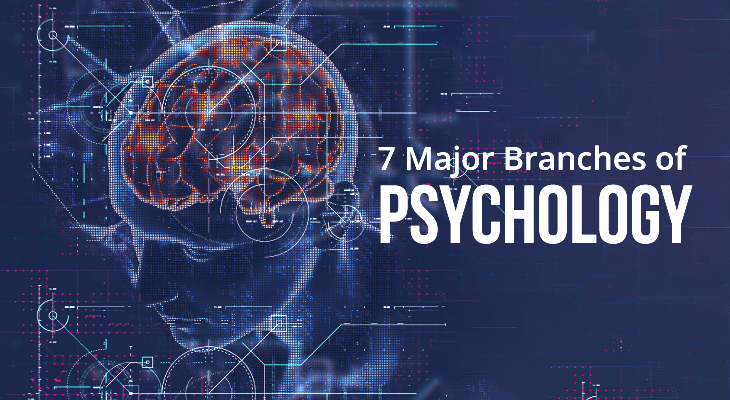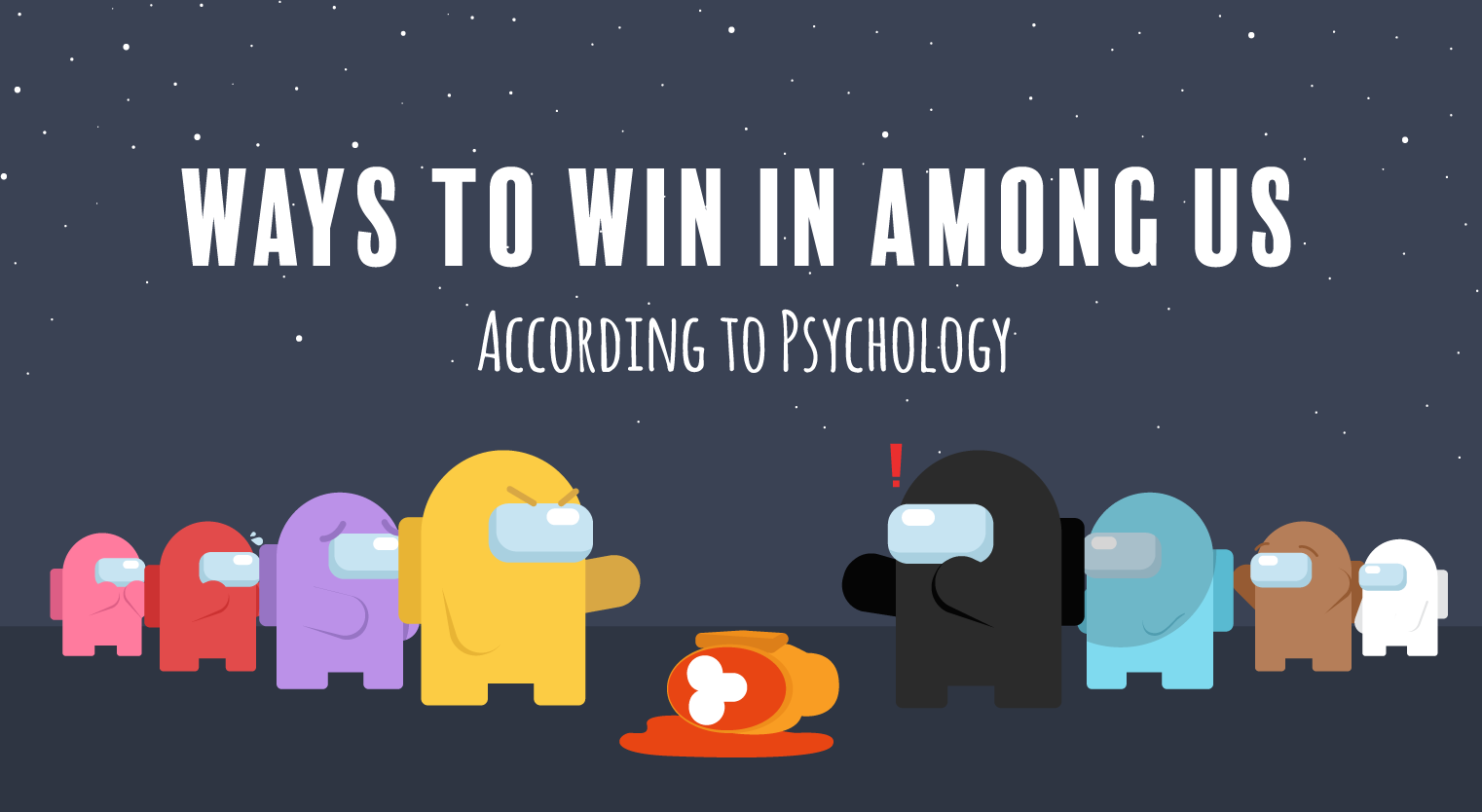Are You Constantly Making Bad Decisions? Psychology Says It's Not Your Fault
What if we tell you that some of your bad decisions aren’t your fault? Here are 5 ways your brain has tricked you into thinking your decisions are right.
Updated 25 May 2022

As human beings, our thought processes are not always the clearest or the most rational and this can lead to making poorly thought out decisions, whether it’s being unnecessarily mean to a friend, making poor financial decisions and even choosing the wrong degree course.
But according to psychology, there are at least 185 cognitive biases that may or may not have skewed your decision making. While you’re still responsible for the decisions you make, you don’t necessarily have to take the whole blame for it!
From being fooled by the media to only buying news you’ve believed in, here are some of the ways your brain has tricked you into thinking all your decisions are good.
#1. You’re easily fooled by success stories

“Steve Jobs, Bill Gates, and Mark Zuckerberg dropped out of college and became millionaires, so will I.”
“Many top SPM students got straight As by using this study method, so I’m going to use this exact technique and get straight As too.”
You’re probably familiar with thoughts like these, which may have motivated some of your decision making. But what you don’t know is that this form of decision making is the perfect example of survivorship bias! Survivorship bias refers to our tendency to focus on rare success stories and adopting those techniques without considering the failures of those who employed the same strategies.
While there’s nothing wrong with employing the same techniques as those top SPM students or coming up with a bullet-proof business plan after high school, you’ll also need to consider the odds as well as the stories that you don’t hear. Perhaps these students had an enriching environment or external help, not to mention that everyone has different studying styles. And for every successful high school dropout, there’s a large chunk of unsuccessful ones who ended up in debt.
So, it’s important that you weigh the circumstances as a whole and consider pessimistic perspectives rather than cherry picking data. This can save you a lot of time and maybe even some heartbreaks.
#2. You’ll do anything to avoid risk

Do you consider yourself a hoarder? Perhaps you have unworn clothes, shoes and even books that you can sell but find it hard to get rid of. This decision making process is called loss aversion — our tendency to strongly avoid losses over acquiring gains.
According to research, people would only gain a small satisfaction boost when receiving a $10 but losing $10 results in a higher loss of satisfaction — two completely different reactions for the same amount of money. Simply put, many people feel that it’s better not to lose RM20 than to find RM20!
This behaviour to avoid losses can result in us making bad decisions simply to keep the things that we already have. Some of these items could be free gifts or thrift finds but we’re wired to feel protective of these items and overvalue them.
While there’s nothing wrong with avoiding risks (who wants to incur losses?), keeping this mentality can also prevent you from taking well-calculated risks that have potential returns. For example, you would rather avoid paying RM200 for a 3-hour upskill workshop just because you overvalue the RM200 over the lifelong investment you’ll be making on yourself.
It’s important that you avoid loss aversion when making decisions by framing the situation in a different perspective. Understand how you would gain more from the transaction than lose. This helps you put loss in a better perspective and rationalise better.

Monash University Malaysia
Bachelor of Psychology
✓Accredited by the Australian Psychology Accreditation Council (APAC)
#3. You think that the first memory that comes to mind is accurate

When someone asks you to think of your favourite memory from high school, do you actually recall your favourite one or just the memory that’s the most recent or easiest to remember? If it’s the latter, then you’re presenting the perfect example of availability heuristic.
Availability heuristic (or availability bias) is the tendency to rely on the most available data as accurate. It’s essentially a mental shortcut our brains make by assuming whichever information that comes to mind easily is also the most prevalent thing. The most common example is thinking that plane crashes are prone to happen based on the recent plane crash tragedies. But in reality, there’s a chance of 1 in 9,821 in plane crashes to happen (or 1 fatal accident in 16 million flights).
Relying on availability bias in your decision making can oftentimes backfire because you’re relying on recent memories to predict the outcome in the future. This means choosing the wrong groupmate over a competent one because of their recent presentation blunder.
However, this mental error can be avoided by recognising your personal biases. Take a second to really ponder on why you’re making that decision and consider other factors that you may not be able to recall so easily. Next thing you know, you’ll be able to make rational decisions without relying on your emotions, media and other unintentional biases.
PRO TIP
Are you finding these theories fascinating? These are some of the things that you’ll be learning in a psychology degree. Learn all about the course here.
Apply for university with EduAdvisor
Secure scholarships and more when you apply to any of our 100+ partner universities.
Start now#4. You underestimate the time it takes to complete a task

Have you ever overestimated your ability to complete an assignment well ahead of time even though you know that similar tasks have taken longer in the past? Because of this, you decided to take on additional responsibilities only to end up feeling overwhelmed — and fail to complete your assignment in time.
This phenomenon is called planning fallacy — a form of optimistic bias where people underestimate the time it takes to complete a task while failing to consider the realistic aspects of it. The truth is that plans don’t always unfold as expected. There will always be unexpected problems that may cause delays such as other work priorities, social commitments or sometimes, even an unstable internet connection.
To combat this, consider giving yourself different deadlines for completing specific paragraphs in your assignments. Breaking them down into smaller chunks can help you organise your work more efficiently. Don’t forget to also include a small buffer between each task so that you’ll still be able to complete your work within the timeframe should other problems or commitments crop up unexpectedly.

#5. You’re only in favour of information that confirms your beliefs

The conversation surrounding vaccines has always been controversial. Pro-vaccine groups will argue that vaccines are completely harmless based on scientific journals while anti-vaxxers believe that vaccines are unsafe, citing numerous medical risks.
How can people have such wildly differing opinions on the same topic? This is an example of confirmation bias.
This phenomenon refers to our tendency to search and favour information that confirms our pre-existing beliefs while ignoring information that contradicts. This is because we want whatever that we think is true to actually be true. So, the more you believe in something, the more you filter out and ignore the contradicting information. Essentially, changing your mind — and someone else’s mind is harder than it looks!
Confirmation bias can be harmful because you’re relying on personal biases and stereotypes. This can directly limit your thinking, leading to poor judgement because you want to be right. To overcome this, you have to play devil’s advocate and challenge your pre-existing beliefs. Consider taking information from various perspectives and sources. Even better if you can create an open discussion with people who think differently from you!
Bad decisions are just a part of life, but understanding why you make them can help. The next time you’re about to make a crucial decision, consider these tricks your brain is pulling on you and rationalise them so you can avoid making poorly informed decisions!






